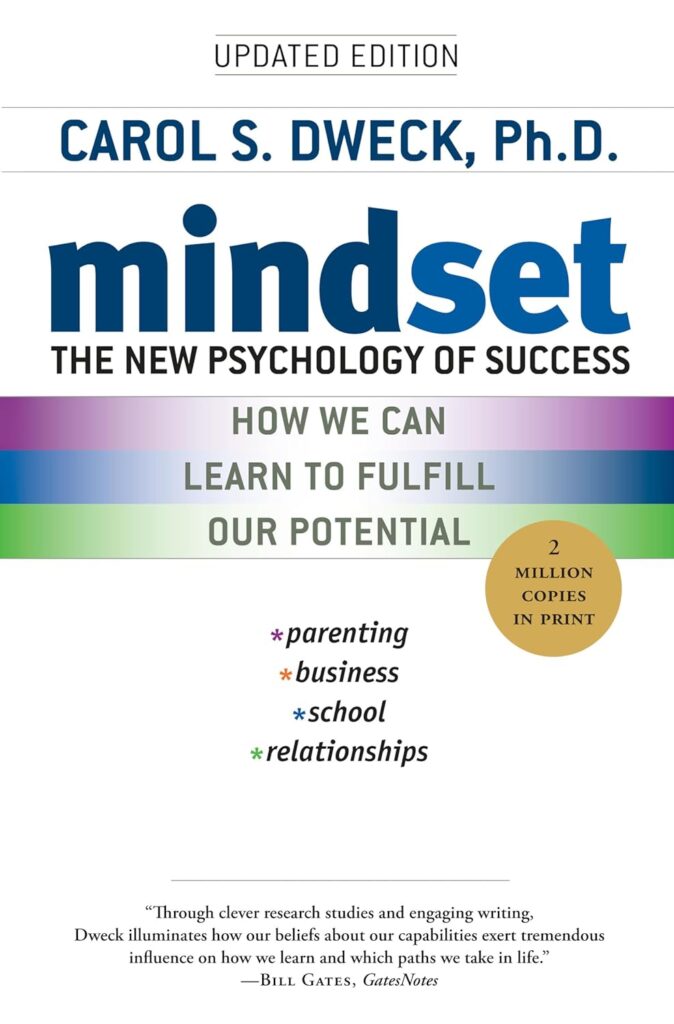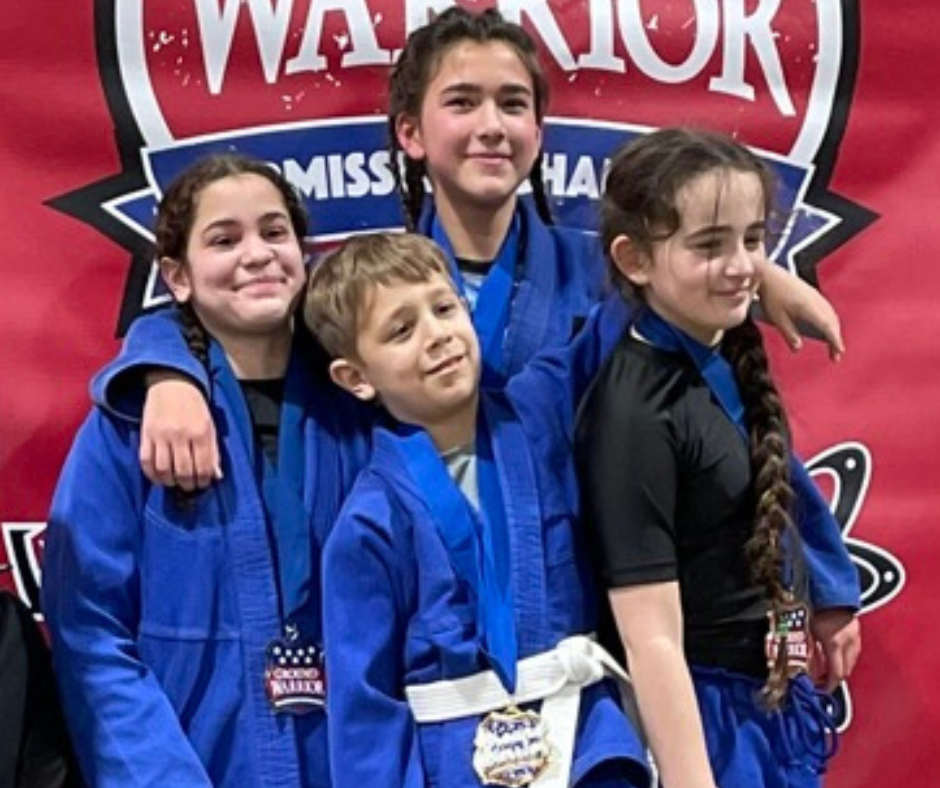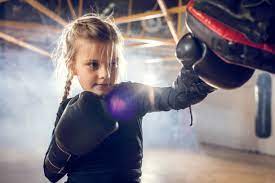A Foundation for Kids’ Martial Arts Training
“Mindset: The New Psychology of Success” by Carol S. Dweck is a transformative book that explores the power of our beliefs in shaping our success and happiness. At the heart of Dweck’s research is the distinction between a fixed mindset and a growth mindset. A fixed mindset is the belief that abilities and intelligence are static and unchangeable, while a growth mindset is the belief that abilities can be developed through dedication and hard work. This dichotomy has profound implications not just for adults in their personal and professional lives, but also for children, especially in areas that require perseverance, discipline, and resilience, such as martial arts.
The Growth Mindset in Martial Arts
Martial arts, encompassing disciplines like karate, taekwondo, judo, and Brazilian jiu-jitsu, is not merely a physical activity but a holistic practice that integrates mental, emotional, and philosophical development. The growth mindset is particularly relevant in this context. Here’s how Dweck’s concepts can be applied to kids’ martial arts training:
- Embracing Challenges: In martial arts, children are constantly faced with new challenges, from mastering a new technique to sparring with a more skilled opponent. A growth mindset encourages them to see these challenges as opportunities to grow rather than obstacles to avoid. This mindset helps them approach difficulties with enthusiasm and resilience.
- Learning from Criticism: Constructive criticism is a staple in martial arts training. Whether it’s feedback from an instructor or a reflection on a sparring session, kids learn to view criticism not as a personal attack but as valuable information that can help them improve. This aligns perfectly with the growth mindset’s emphasis on learning from feedback.
- Persistence in the Face of Setbacks: Setbacks are inevitable in martial arts, whether it’s a failed technique or a lost match. A growth mindset fosters the belief that setbacks are a natural part of the learning process and that persistence will lead to improvement. This helps children stay motivated and keep pushing forward, even when progress seems slow.
- Celebrating Effort over Talent: Martial arts training
 emphasizes the importance of effort, discipline, and practice over innate talent. This mirrors the growth mindset’s focus on the importance of hard work and perseverance in achieving success. Children learn that consistent effort is the key to mastering skills and achieving their goals.
emphasizes the importance of effort, discipline, and practice over innate talent. This mirrors the growth mindset’s focus on the importance of hard work and perseverance in achieving success. Children learn that consistent effort is the key to mastering skills and achieving their goals. - Developing Self-Confidence: As children see the results of their hard work and dedication, their self-confidence grows. This self-assurance is rooted in the understanding that they can improve through effort, a core tenet of the growth mindset. This confidence not only boosts their performance in martial arts but also spills over into other areas of their lives.
Practical Applications of Dweck’s Principles in Martial Arts Classes
Incorporating Dweck’s principles into kids’ martial arts classes can be done through several practical strategies:
- Positive Reinforcement: Instructors can praise effort, strategies, and progress rather than just outcomes. For example, instead of saying, “You’re so talented,” they might say, “I’m impressed by how hard you worked to learn that technique.”
- Goal Setting: Setting specific, achievable goals helps children focus on the process rather than just the end result. Goals can be tailored to individual students, taking into account their current skill levels and encouraging incremental progress.
- Reflective Practices: Encouraging kids to reflect on their training sessions helps them internalize the lessons learned. This can be done through verbal discussions or journaling, prompting them to think about what they did well, what they struggled with, and how they can improve.
- Modeling a Growth Mindset: Instructors who demonstrate a growth mindset themselves serve as
powerful role models. They can share their own experiences of overcoming challenges and emphasize that learning is a lifelong journey.
- Creating a Supportive Environment: Fostering a
dojo culture where mistakes are seen as learning opportunities rather than failures helps children feel safe to take risks and try new things. This supportive environment nurtures a growth mindset in all students.
Long-Term Benefits Beyond Martial Arts
The benefits of instilling a growth mindset through martial arts training extend far beyond the dojo. Children who develop a growth mindset are better equipped to handle academic challenges, social interactions, and future career opportunities. They learn to embrace lifelong learning, adapt to changing circumstances, and approach life with resilience and optimism.
In conclusion, “Mindset: The New Psychology of Success” provides valuable insights that can profoundly enhance kids’ martial arts training. By fostering a growth mindset, martial arts instructors can help children develop not only as martial artists but as confident, resilient, and motivated individuals. This holistic development prepares them for success in all areas of life, embodying the true spirit of martial arts.
Get the book here – https://a.co/d/gUWQVpY



